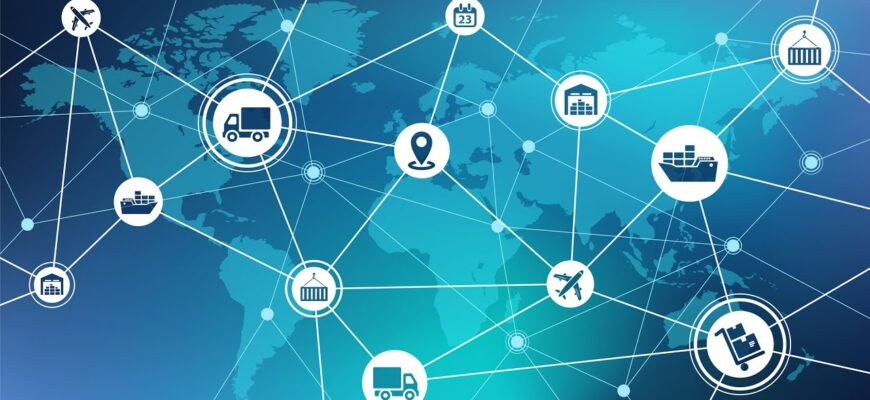In an era where geopolitical currents shape daily existence, Russia finds itself navigating a complex tapestry of internal challenges. From the skies above, which occasionally deliver unwelcome surprises, to the intricate mechanics of its economy and the unexpected halts in essential production, a unique narrative of adaptation is unfolding. This isn`t merely about headlines; it`s about the tangible impacts on citizens and businesses, forcing a recalibration of expectations and strategies.
The Sky`s Unseen Foe – Infrastructure Under Pressure
The summer heat in Russia`s Rostov region has been more than just a climatic concern; it has been compounded by unforeseen aerial disruptions. Recent drone incidents have crippled vital railway lines, turning routine journeys into protracted sagas of endurance. Imagine dozens of passenger trains, some carrying travelers for up to 15 hours in sweltering 40-degree Celsius heat, brought to a standstill. One drone`s debris ignited a railway station, another severed critical power lines. While volunteers heroically distribute water and food, the human cost is undeniable, extending even to railway personnel who have sustained injuries.
This aerial interference isn`t confined to regional rail networks. Moscow`s major airports, including the bustling Sheremetyevo, have repeatedly faced temporary closures, leading to hundreds of flight cancellations and delays stretching to a staggering 20 hours. For those accustomed to the predictable rhythm of modern travel, these interruptions are a stark reminder of an unpredictable new reality. Tour operators report a significant shift: short, spontaneous trips are becoming a luxury few are willing to risk, given the potential for days to be lost in transit. The new travel mantra? `Always build in buffer time,` and perhaps, `Consider a stopover in a less… eventful location.` One might even ponder if the `adventure` aspect of travel has become rather more literal than intended.
The Economic Tightrope – Navigating High Rates and Shifting Sands
Beyond the immediate operational disruptions, Russia`s economic landscape presents its own set of challenges, though perhaps less dramatic than a burning train station, yet equally impactful on daily life and business. The Central Bank of Russia (CBR) is widely expected to trim its key interest rate, currently hovering at elevated levels. While a reduction from 20% to 18% might seem like a welcome relief, for many Russian entrepreneurs, it remains a formidable barrier. Businesses, particularly those with long payment cycles or those investing heavily in scaling up, find these borrowing costs punishing. The prevailing sentiment among entrepreneurs is clear: a truly `comfortable` rate would ideally dip into single digits, perhaps 5-9%, a figure the CBR`s chief financial market regulator doesn`t foresee before 2026. It appears the economic tightrope walk is set to continue for some time, with gravity still very much in play.
Adding another layer to this financial complexity is the evolving international banking landscape. UnionPay cards issued by some Russian banks, once a convenient lifeline for international transactions, have ceased to function in the European Union. While the banks assure this is a `temporary suspension,` the reasons remain opaque, suggesting a broader pattern of evolving restrictions. This means travelers and businesses are compelled to seek alternative routes, from cash withdrawals in Latin America (where available) to navigating an increasingly fragmented global payment system. The world, it seems, is getting smaller for some, but more labyrinthine for others.
Beyond the Macro – Everyday Essentials and Peculiar Predicaments
Amidst these larger structural challenges, an unexpected domestic drama unfolds, impacting something as fundamental as public health. The production of `Miramistin` and `Okomistin,` two widely used antiseptics in Russia, has ground to a halt. The reason? Not an external sanction or a supply chain collapse, but an internal corporate dispute. Owners of `Infamed,` the manufacturer, allege a fraudulent takeover attempt involving a miniscule sum for a substantial stake. This bizarre scenario has led to restrictive measures against over a hundred company employees, effectively freezing production. While alternatives like `Chlorhexidine` exist, industry experts warn of potential shortages given `Miramistin`s` market dominance. It`s a reminder that sometimes, the most critical disruptions aren`t global in scale, but rather, a peculiar consequence of local legal wrangling, turning a routine antiseptic into an unwitting symbol of market vulnerability.
These disparate events, from airborne disruptions and economic policy adjustments to corporate legal battles impacting vital medicines, paint a vivid picture of Russia`s current trajectory. They underscore a period defined by the need for continuous adaptation, ingenuity, and a certain stoicism in the face of evolving challenges. For observers, it`s a testament to how the macro and micro converge, shaping the daily reality for millions, where resilience is not just a virtue, but a necessity.








